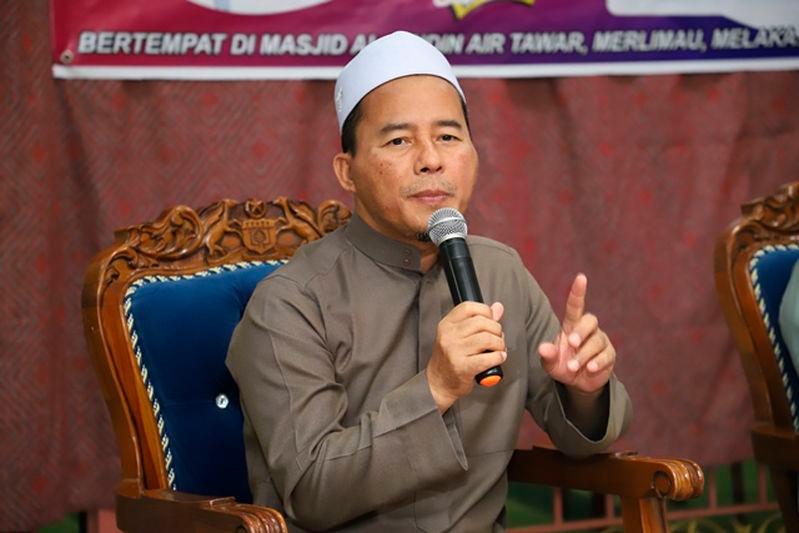PETALING JAYA: According to Malaysian Islamic Development Department statistics, a total of 154 heretical teachings were declared across the country last year, said Federal Territories deputy mufti Sahibus Samahah Jamali Mohd Adnan.
He called for continuous efforts to be made to enhance strategic collaboration with the authorities to ensure such teachings are more effectively combatted.
“Among the teachings that are still perceived as active and dangerous include Shia, Qadiani, liberalism, and religious pluralism. Smaller groups such as the Ayah Pin, SiHulk, and the heretical teachings of Mhd Mohib Khouli continue, but not as aggressively.
“In terms of the Ayah Pin heretical teachings, although it has been over five years since it was neutralised, there remain about 100 to 150 dedicated followers, including children,” he said.
Recently, followers of the Ahmadi Religion of Peace and Light are believed to be active abroad and directly disseminating their teachings via TikTok live streams.
Jamali said the challenge lies in the fact that many heretical teachings on social media operate outside the country, making it difficult to act against them.
“The Malaysian Communication and Multimedia Commission, through the Communications and Multimedia Act 1998, has been doing its best by closing several social media pages that are confirmed to promote heretical teachings.”
Jamali said the authorities have taken various measures to curb these heretical teachings in the country, including continuous monitoring, issuing fatwas, and educating the public about the dangers of heretical teachings.
“The influence of social media and the borderless nature of the digital era has led to the promotion and spread of heretical teachings transcending borders.
“The mufti’s office and enforcement agencies are taking these teachings seriously because we are concerned that they may influence the younger generation.”
Jamali said once they are brought to the fatwa committee meeting, the mufti’s office will issue a fatwa against any teachings, practices, doctrines or thoughts found to be heretical and deviating from true Islamic teachings.
He said fatwas that have been announced become law, and violating them can be subject to legal action, including fines of up to RM5,000, imprisonment for up to three years and corporal punishment of up to six strokes of the rotan for each offence.
“Among the offences related to fatwa are idolatry, false doctrines, the propagation of false religious doctrines, false accusations, insulting Islam, teaching religion without proper authorisation, providing opinions and publishing materials contrary to any fatwa and Syariah law.
“Heretical beliefs often arise from communities with a limited understanding of Islam, especially concerning matters of aqidah (creed) and tauhid (monotheism), which make them easily influenced by contradictory religious ideas.”
Jamali said some are even overly obsessed with certain leaders or groups and too readily believe what is conveyed.
“This blind loyalty often leads them to unquestioningly accept teachings propagated by their chosen authority figures, regardless of their alignment with Islamic beliefs.”
Jamali added that the followers of heretical teachings often perceive themselves as the righteous ones, label naysayers as heretics, and engage in syirik (associating partners with Allah).
He said according to records, two followers of the heretical teachings of “God” Harun (Harun Mat Saat) were sentenced to death for the murder of the Pahang Islamic Religious Department Enforcement Division chief assistant director in 2013.
“The largest attack and invasion incident was carried out by the Al-Maunah group against the National Army Battalion Camp in Gerik, Perak, in July 2000.
“All of these incidents stemmed from adherence to heretical teachings, which ultimately posed a threat to national security,”
He said feedback is crucial to safeguarding the faith of Muslims, and that the public can help provide information to the authorities.









